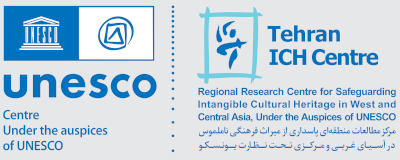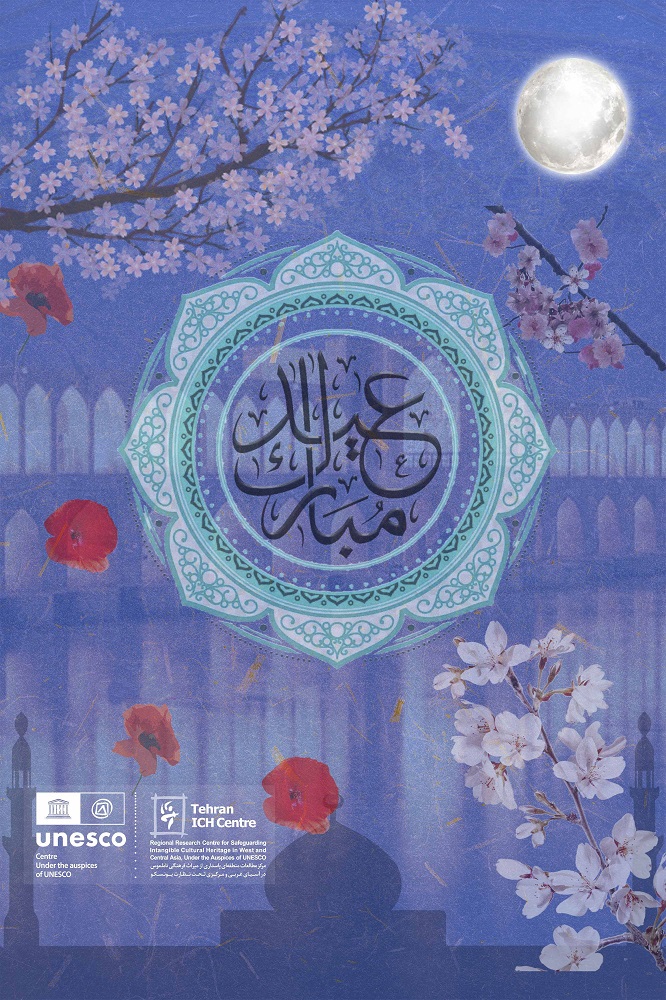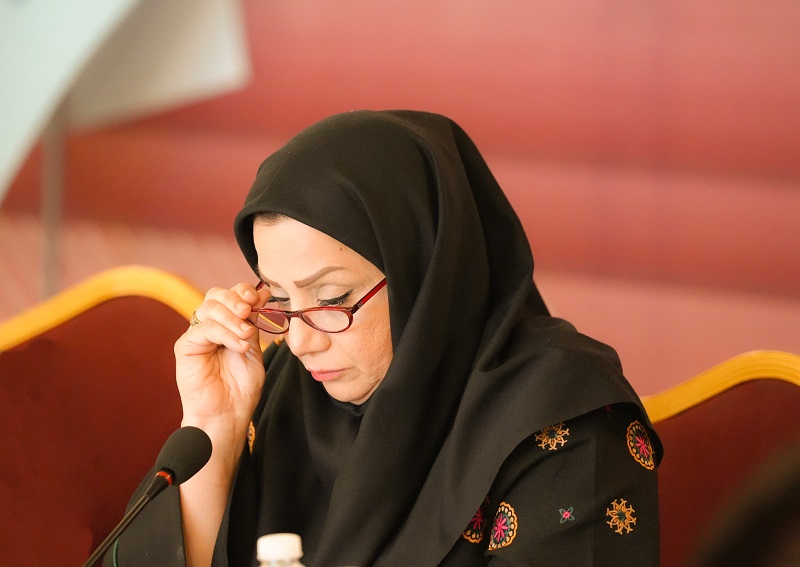The event that was held on December 9th, 2023, at the Islamic Azad University at Tehran West, served as a pre-event of the 13th international meeting by the same title.
The title of the event was selected based on the importance attached by the IR of Iran to foreign policy, in general, and foreign policy with its neighbouring countries, in particular.
The event hosted speakers from diverse areas of specialty including political sciences, intangible cultural heritage, handicrafts, tourism and other relevant topics.
Dr Atusa Momeni, Director General of the Regional Research Centre for Safeguarding Intangible Cultural Heritage in West and Central Asia, under the auspices of UNESCO (Tehran ICH Centre), delivered a talk on the “soft power of intangible cultural heritage in cultural diplomacy: a guarantor of sustained economic livelihoods.”
Her talk focused on a definition of the soft power of cultural heritage, how this soft power impacted cultural diplomacy, definitions of ICH and cultural diplomacy, an introduction to the Tehran ICH Centre, the link between ICH and the environment, the importance of linking all UNESCO Category II Centres in Iran to one another as a means of better introducing the great cultural Iran to the world, cultural competition and it’s key role in our world today, cultural diplomacy for mutual understanding between nations, the importance of joint nominations of elements with neighbouring countries for peace and sustainable development in the region, the role of the soft power of joint nominations and living heritage in achieving sustained economic livelihoods, and the living heritage of the Silk Roads.

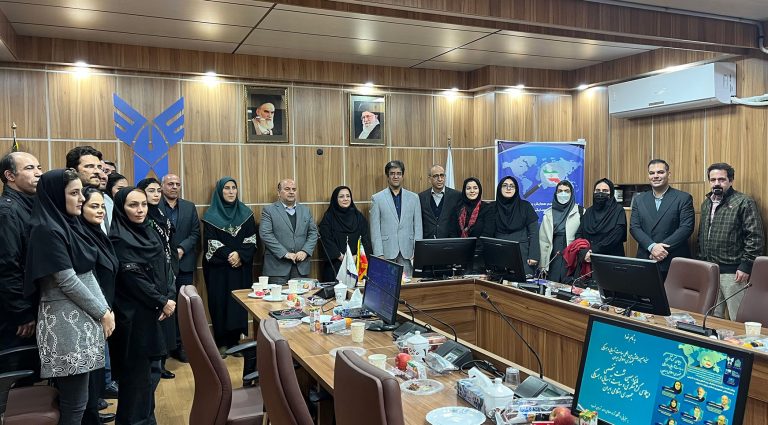
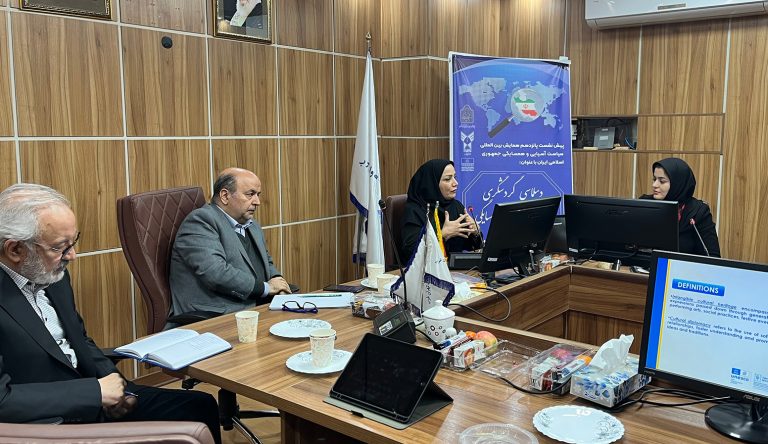
Dr Momeni introduced cultural diplomacy as a means of achieving tourism diplomacy, a more effective form of diplomacy in creating synergies among nations. She emphasised the need to integrate ICH into the definitions of tourism, aware that living heritage is what infuses soft power into tourism towards sustainable livelihoods of nations. Further into her talk, she explained ways of integrating ICH into people’s lives to sustain their livelihoods. To conclude, she emphasised the need to develop a strategy for the identification and nomination of the joint intangible cultural heritage of the countries of the silk roads, to revive them and to establish peace along these countries.
Other points of reference in the meeting included:
Cultural regionalism and complementary diplomacy, tourism as a complementary policy for strengthening ties between Iran and her neighbours, the importance of emphasising tourism Diplomacy by defining mixed tourism projects with Iran’s neighbouring countries, the role of tourism in regional interactions, the importance of creating a university course on cultural law (with emphasis on the instruction of the UNESCO conventions at university levels), the link between diplomacy and tourism to meet shortcomings in national and international development, the need for a new model of national and international interactions, tourism as an intercultural facilitator, tourism as a guarantor of peace and mutual understanding between nations, cultural diplomacy for supporting state foreign policies by resorting to culture for international peace, international instruments on tourism that define tourism as a means of bringing nations and people together as a powerful drive for international peace, tourism’s role as an image-builder for nations, soft power of tourism, reviving and promoting the preservation and safeguarding of tangible and Intangible Cultural Heritage as a means of preventing the over-commertialisation in tourism.
